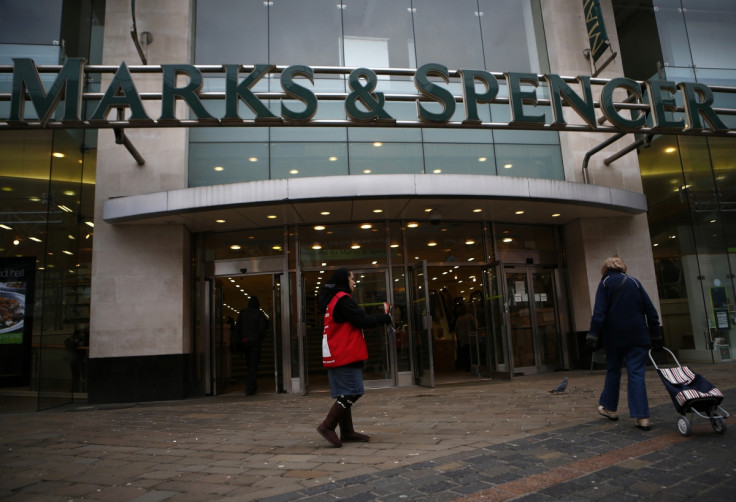Marks & Spencer's Sales Fall For 13th Consecutive Quarter

Marks & Spencer's sales fell yet again as CEO Marc Bolland's turnaround plan continues to disappoint investors.
Like-for-like sales of general merchandise dropped by 4% in the second quarter, representing the 13<sup>th consecutive quarter of decline.
"Unseasonable conditions in September" dragged down non-food sales at M&S; warm Autumn weather has plagued retail outlets across the country who were gearing up for their winter range.
The group's first half year pre-tax profit fell by 0.4% to £279.4m.
Underlying profits, on the other hand, increased by 2.3% to £267m thanks mainly to the foods business, which saw sales increase by 3.6% over the half year.
Online sales were once again a cause for concern as they fell by 4.6% in the second quarter. This represented an improvement from the 8% drop in the first quarter. Over the first six months online sales were down 6.3%.
Nonetheless, Bolland painted a positive picture with the results at hand: "We are pleased with the progress we have made against our key priorities for the year: GM gross margin, improving Womenswear, driving Food growth and Cash generation."
The results beat analysts' estimates, so that despite presenting a rather mixed picture, M&S shares were up by 8% in early morning trading to £438.20.
Mike van Dulken of Accendo Markets, said: "While management still sees the outlook as challenging, this is itself offset by an increase in gross margin guidance of between 150 and 200bps thanks to lower operating costs coupled with a token increase in interim dividend. A turning point for M&S shares?"
© Copyright IBTimes 2025. All rights reserved.






















